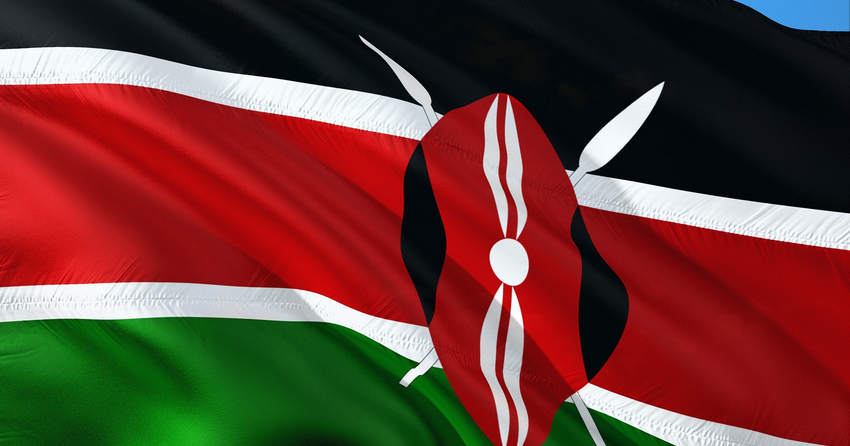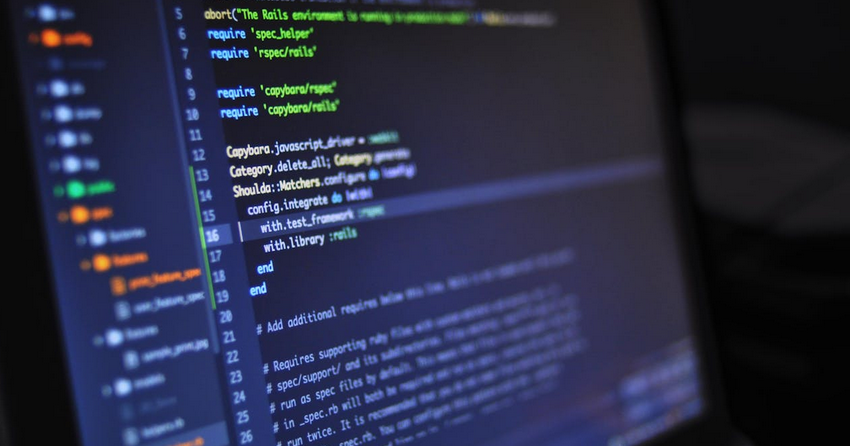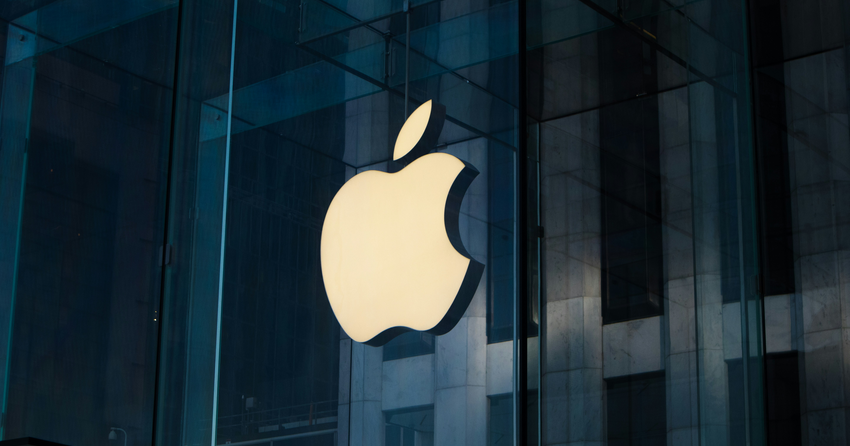
US Considers Breakup of Google To Limit Monopoly
The US Department of Justice (DOJ) has said it may request to break up Google following a landmark case in August in which a judge ruled that Google had an illegal monopoly in the US.
The lawsuit brought against Google began in 2020. It concluded with a ruling that, while it offered a superior product, it limited consumer choice. The company solidified its dominance by making deals with suppliers to set Google as the default option on devices.
Although Google hasn’t filed a detailed proposal yet, it is considering several options. These include stopping agreements that make Google the default device browser or divesting its Google Chrome or Android operating system businesses.
Other remedies include blocking Google from collecting the vast amounts of user data gathered or requiring it to share specific data, such as search results, with competitors.
Along with reducing Google’s current monopoly, the DOJ is exploring ways to prevent the company from recreating a similar situation in artificial intelligence. One idea under consideration is to allow websites to opt out of having their content used to train Google’s AI products.
Google has responded to the proposal via a blog post, stating that the “DOJ’s radical and sweeping proposals risk hurting consumers, businesses, and developers.”
Google claims the DOJ is going “far beyond the specific legal issues in this case.” The tech giant believes the proposed changes will put user security at risk, slow down innovation, and hurt businesses beyond Google.
It argues that reducing Google’s payments to providers for setting its products as default – totaling $26.3 billion in 2021 – would limit other companies’ ability to invest in their offerings.
Ultimately, Google says, “Government overreach in a fast-moving industry may have negative unintended consequences for American innovation and America’s consumers.”
The DOJ plans to file its detailed proposal with the court by November 20, while Google has until December 20 to submit a counterproposal. The ruling will be finalized through a trial beginning in April 2025.















